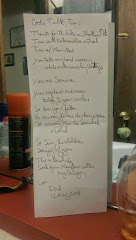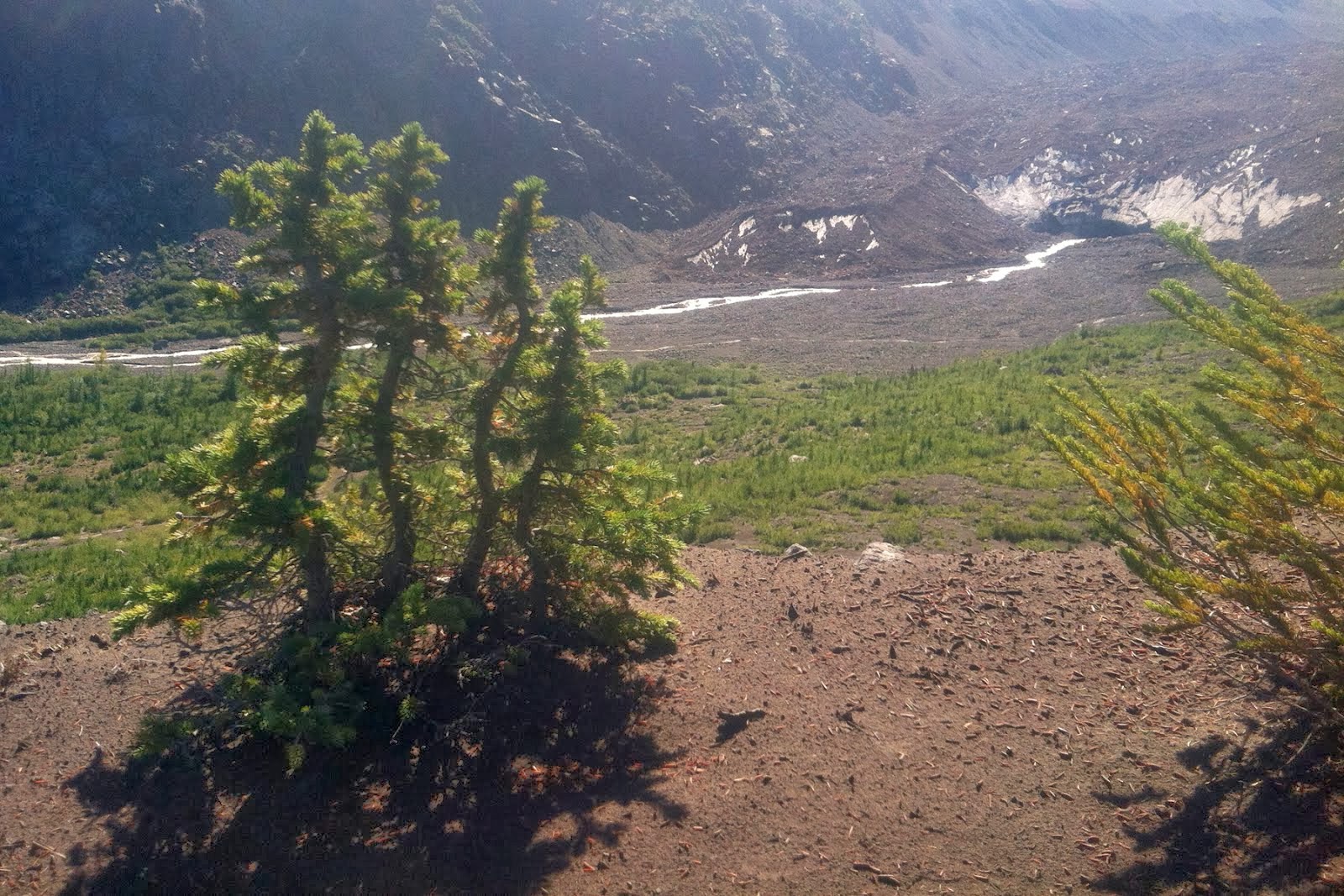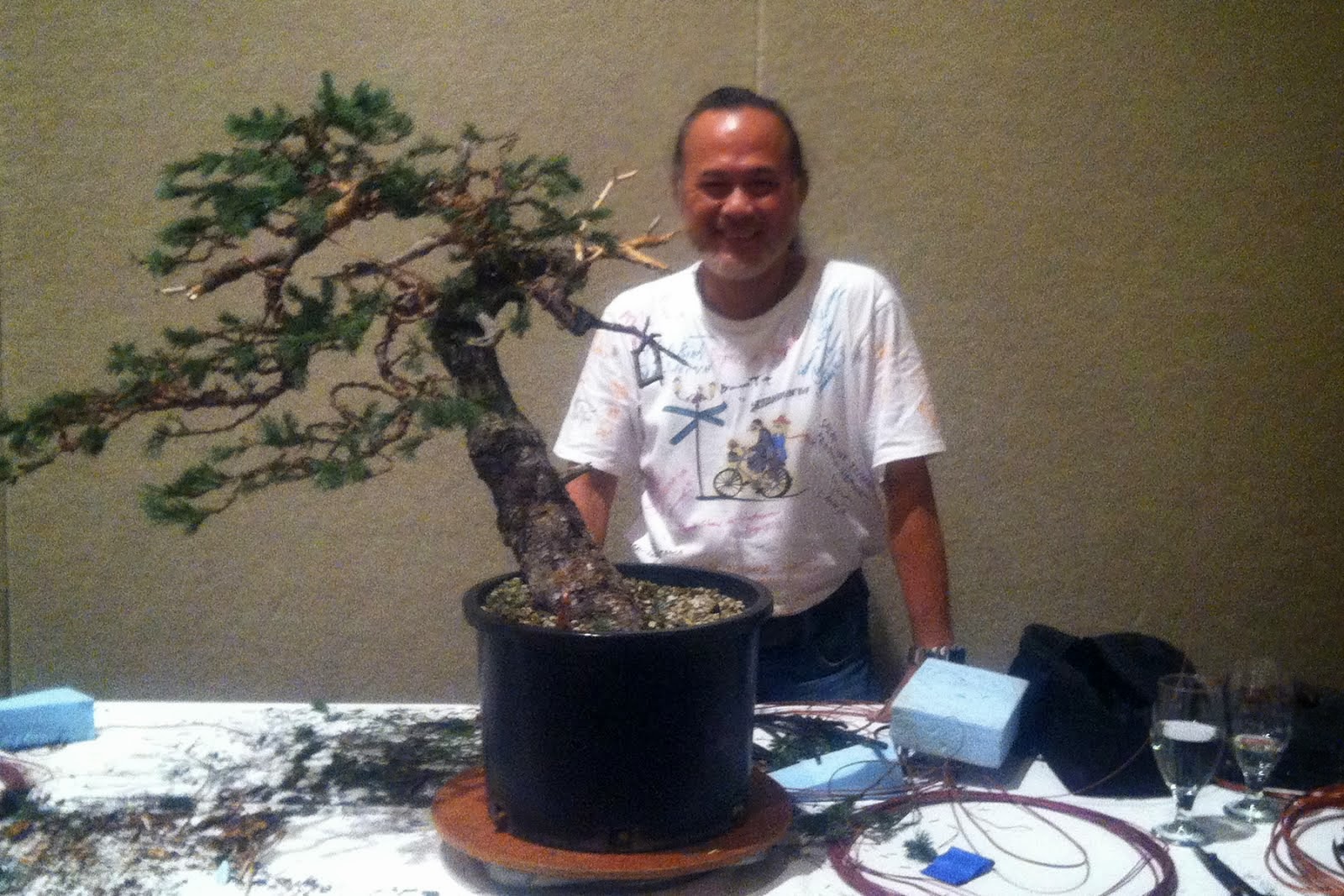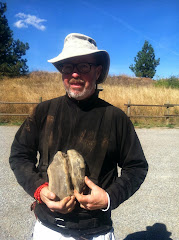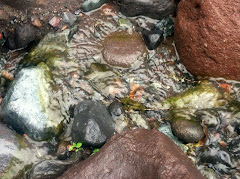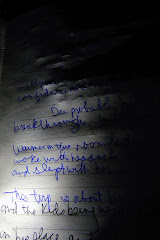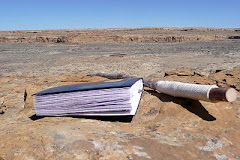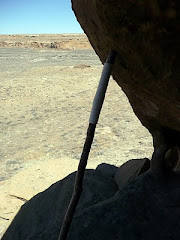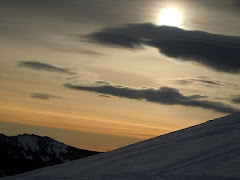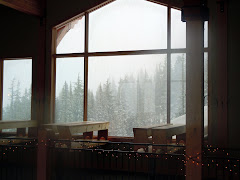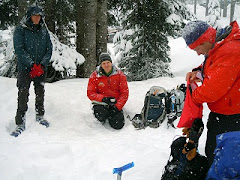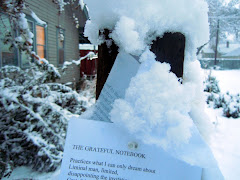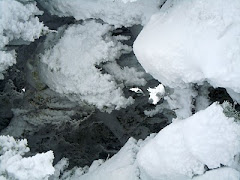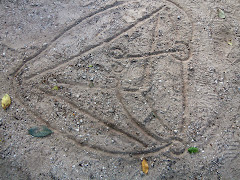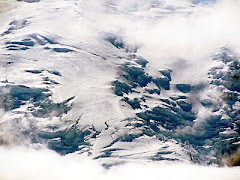Dear Ron,
From the
early days of Sigmar at Central Lutheran, once off-handedly responding to me,
from Ephesians: "...but speaking the truth in love..." You know it that well, too. Ephesians 4:15: "But
speaking the truth in love, may grow up into him in all things, which is the
head, even Christ:" That 'even' being italicized by some
spell-bound editor, being charged in under-stated humility. This, as you know,
from the King James Bible, 1611. The RSV,
and new RSV changing one word, "but" to "rather." What fine
work, committee, members! You kept the power of the language. And Sigmar, was he chiding me at the time? I can't
remember, but he gave it to me, and he gave it to me in love. He was chiding me—and
using the truth up front to suggest I be more loving. But speaking the
truth in love. But of course you know me
well enough. You see me coming. I’m up to something else. Here it is. I've been
reading the William Tyndale New Testament, 1534 edition, with corrected
spelling. This, too, is background. And somewhere in the back and forth of my
mind, I got to wondering, How does Tyndale, translator on the run,
translate that verse? How does it come down to us for the first time in
English? Tyndale has been resurrected in our day. Tyndale translates:
"...following the truth in love..." For the first time in English!
That's what it was, how it is. And you know, Sigmar, that wily coyote Icelandic
man of all the beyond. That verse never left me, a stone on the trail. I could
hold it in my hand. Of course I love, speaking the truth in love, and those
translators, in that moment. and I love it more, too, knowing this morning that
it came from Tyndale almost 100 years earlier. ...following the truth in
love...I imagine that committee at table, looking at those words, “…following
the truth…” We have an opportunity here,
my brothers, we might step this up a notch towards higher ground—we might speak
truth—in love, of course. Tyndale was but following himself following Christ.
Let us be bold. Unfair? Crooked listening on my part? Insisting that it be
my way? Let chips fall where they will. William Tyndale instructs me across
time. Crucified man resurrected. My wheels have come off by now, as you know, Pastor
Ron, my friend who prays for me. Who else would I share this with now? I hope your
day includes some rain for this parched earth. Rain here. This is a p.s. also.
In Spanish, it's also stunning: Mas bien, al vivir la verdad con amor...Do you
like this little shift: Even better, mas bien,--to live--al vivir la verdad/the
truth...With love then, in love, following, doing my best. Truth out. Jim
5
November 2015
LETTER TO WILLIAM TYNDALE ON THE RUN
I’m one of the ploughman, Dear Father,
one of those listening from below across time,
writing in the margins of the sustaining word
passing through you. 1534 Ploughboy Edition,
passed on from hand to hand, used,
this inscription on the inside cover
in black marking pen: Dear
Cousin Patty,
This is the most
beautiful miracle of a book—
read the Intro for
some surprises—
I think of you
often and smile.
Much love, Jack.
Timothy 1: 6;
Matthew 19.
How’s that for an introduction?
I. Some words of yours that have survived—besides
the New Testament
the King’s Committee took
credit for and made famous:
As you addressed us, Dear
Reader, may I in turn address you,
Dear Father.
May all your words taken out of context here,
for they are lovely compacted—show only the work of love.
The dangers you knew, that took your life, long past, yet…
Language remains in trouble, but it’s more profitable,
now—
They lock up young black men in prisons.
Listen to you! “…let the finder of fault
consider the Hebrew phrase or manner of speech
left in the Greek words.” You’re talking to me,
here, across 580 years, give or take.
You talk of translation “…the kingdom of heaven,
which is scripture and word, so locked up…and locked out…
that he that reads or hears it, cannot understand it.”
You write, “…person for person, number for number,
and an interrogation for a conditional.”
Mainstream in any age, along with your light in margins:
“…me thinketh it better to put a declaration
in the margin, than to run too far from the text,”
all the time calling me, most dear reader.
That Confession in the priest’s ear
is but man’s invention, still provokes reaction
is certain, and amends not to God in works,
but to my neighbor, whom I have hurt,
evidenced by our hanging heads,
our evolution remains apart from practice.
II.
For the end of the
commandment is love
that commeth with a
pure heart.
It is easier for a
camel to go through
the eye of a
needle, than for a rich man
to enter the
kingdom of God.
I’m one of the rich, Dear Father,
your book arriving by plane and truck.
You have not had good press.
You have never had a better one.
Direct language. One, David Daniell,
after saying, True
Christianity always releases,
writes, longer
answers are more complicated,
and every change
Tyndale makes
is more than
defensible, it is correct.
“Working alone and in danger,”
with the driving mind of Paul.
Father stripped of all, skin scraped clean
of committee by committee,
you are the house under the house,
your words to us. But a ploughman—
Skin-Scraped-Clean, named again Morning Breath.
You wouldn’t recognize us today,
Man-On-the-Run, Father,
We’re undercover, but we’re not pursued,
surrounded as we are by so many words
we don’t know which one to follow.
Your every day directness arrives fresh every day.
You say, Be not afraid of every shadow.
The Authorized version says,
Be not afraid with any amazement.
Tyndale: He that can take it, let him take it.
Both the repetition and the garden.
Why, then, more than history?
Why, then, the silence?
Because it is the Tyndale Bible not the King James.
This is how we receive your testament.
Because it is written on the run and in danger.
Because it is written from love and in faith, not
committee.
Because it is the house under the house.
Because clear sentences show he knew how.
When James gives Bible revisers the Bishop’s Bible
as foundation, he guarantees a coat of Latin
washing over Tyndale’s English—“One of the main reasons
for fearing you, Tyndale, right here—a safe distance
disappears.
David Daniell shows how this happens.
David Daniell is closer to me, than you,
in ordinary time, but the two of you
come to us from sky time.
If it’s Latin you like, Tyndale is not for you, Daniell
says.
Your Bible, William Tyndale, comes from one mind, not a
committee.
Because of the beloved vernacular.
An English equal to connect us to God.
Word-making walk with Jesus.
Word on the road for men of the road.
Jim Bodeen
Spring, Summer, Fall, 2015





